Missed Part 2 of the ‘Future Is Now’ series? View it here.
Every day we see headlines about Artificial Intelligence, Robotic Process Automation, Blockchain (see the 2019 SSON Blockchain Market Report) and many more. Jobs are disappearing and we hear predictions that Gen Z will have four careers. But what does it all mean?
A client gave me a beautiful glimpse into the future by explaining what their product does today. Rather than simply phoning a list of clients who haven’t paid their invoices yet, their AI application runs through all past invoices and checks for irregularities. So once you have turned on your PC and sipped your morning coffee, it tells you that Anna pays 80% of her invoices on time; and that in the 20% of cases where she did not pay on time, there was an irregularity. Now you can phone Anna, ask her if this is indeed the case and discuss how to solve it. After your call, you can get that other cup of coffee you need to wake up, because your AI has already implemented the agreements that were made during the phone conversation.
Global Findings: Division of Labor as Share of Hours Spent (%)

Source: Future of Jobs Report 2018, World Economic Forum
This example tells us two things. First, that, unless you like data entry, our work is going to get more exciting; and second, that our human skills like emotional intelligence, empathy and creativity are going to be at the core of our work. Otherwise Anna is not going to listen, co-operate or feel like a valued client. It’s not for nothing that Forbes quotes: “If managers want to survive the challenge of AI, they must embrace EI.”
How do you increase Emotional Intelligence? Empathy? Soft skills? … in other words: 21st century skills? And how do you apply those in a global environment?
Here are some steps to apply these skills in an intercultural context:
The first key is to understand cultures. Not that there are cultural differences, we all know that, but to truly understand cultures. If Anna was Chinese, she would react differently than if Anna was American. By understanding how people in other countries communicate and collaborate, you grow your own global mindset.
The next key is to understand yourself. Take a word like proactiveness. What does that mean to you? In some cultures, proactiveness is understood as something time related: finishing tasks before deadlines, etc. While in other cultures, the word is understood differently: it could mean coming up with out-of-the-box ideas, pointing out errors, preventing problems etc. Expectations are culturally influenced, and so are assumptions. Understanding this and reflecting what does and doesn’t work outside your country’s borders will make you a more powerful leader.
The last key is the concept of 21st century skills. This includes key practical and futuristic skills like self-management, knowledge transfer, true inclusion, strategic planning, alignment of expectations, coping with failures etc. – all of which are required in this era of rapid transformation while working with global teams.
The future is already here. The future is now.

